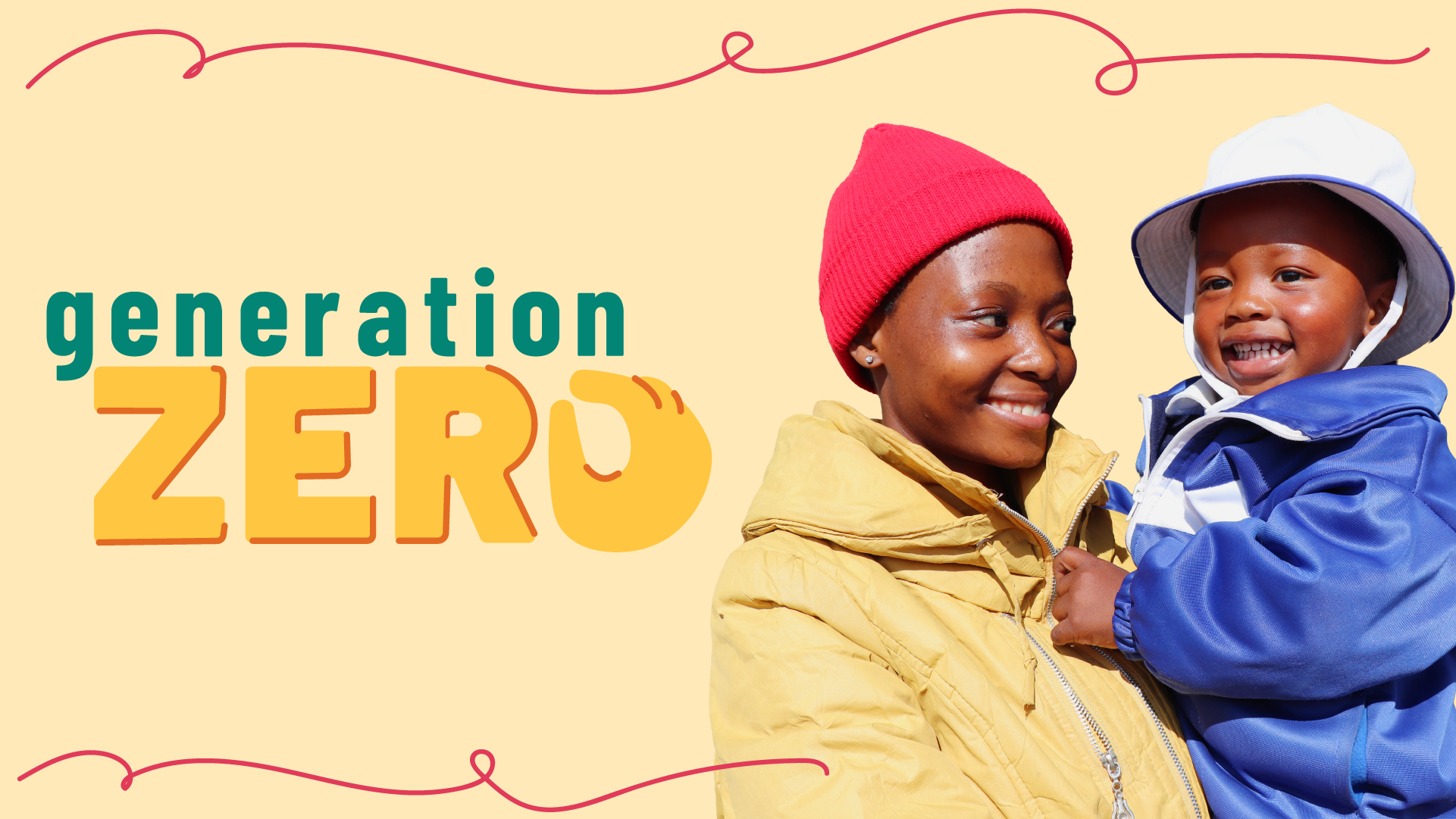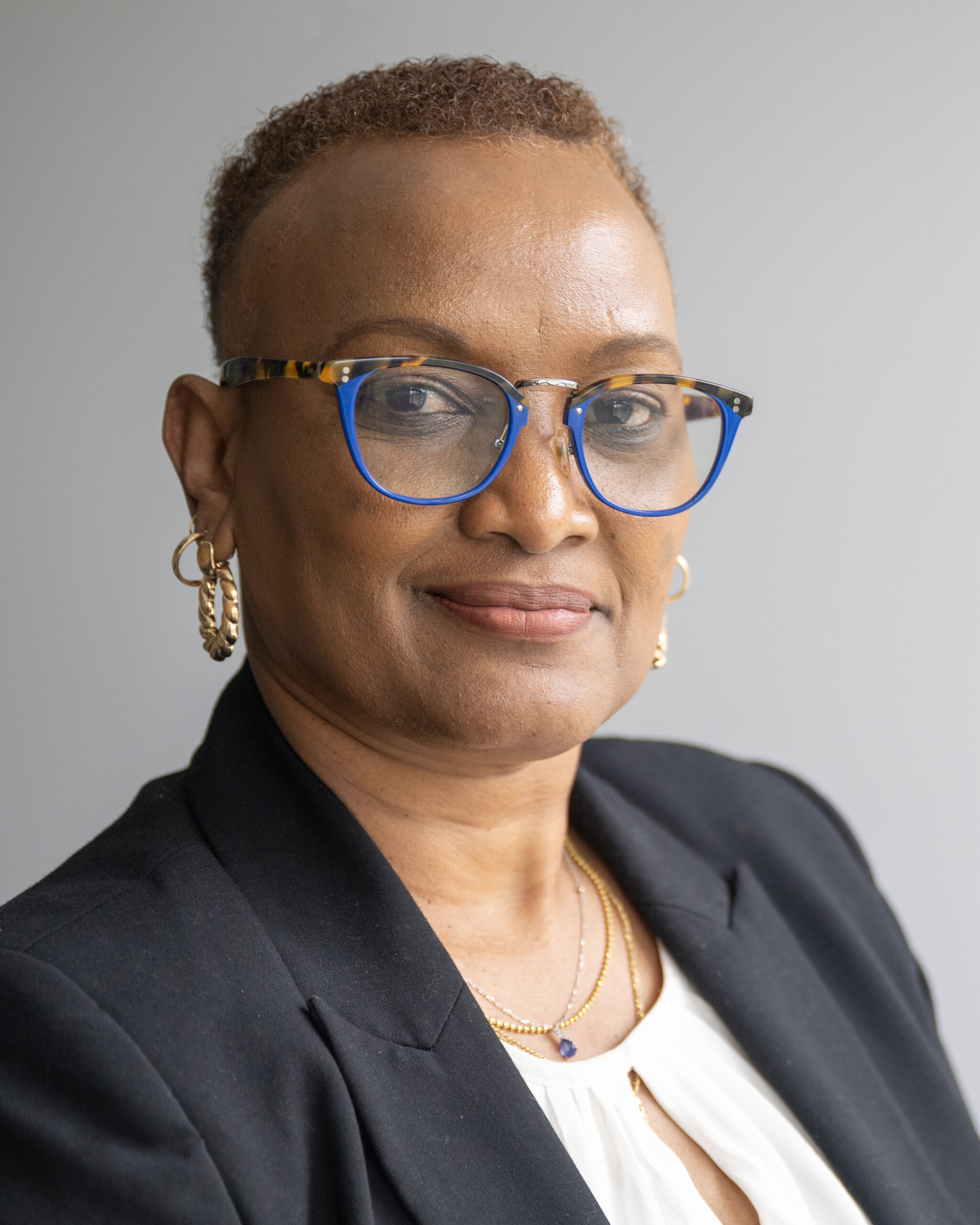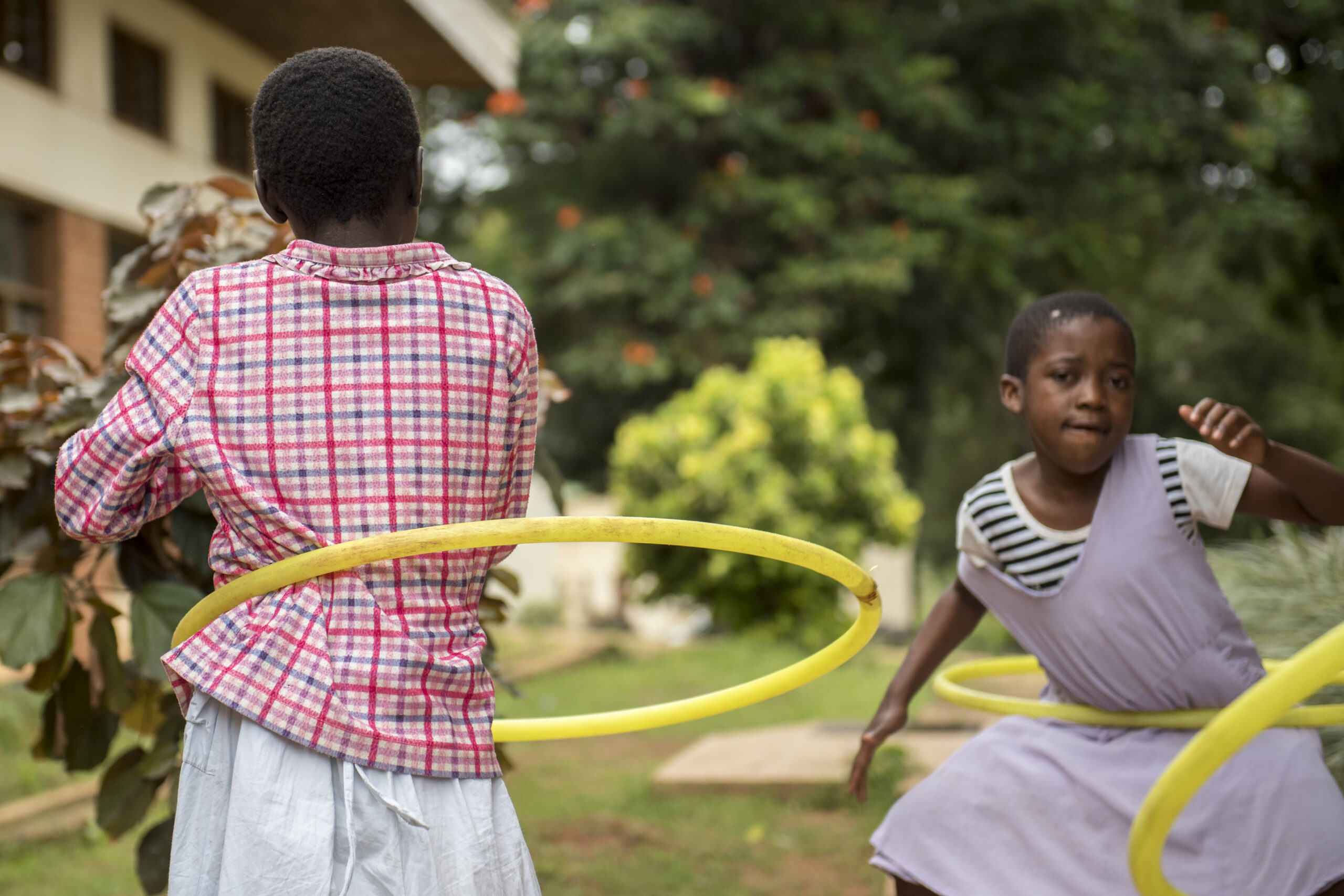This week EGPAF colleagues together with the global AIDS community are participating in AIDS 2020: Virtual. The conference has brought into sharp focus just how much and how quickly COVID-19 has directly threatened our efforts to prevent and treat HIV/AIDS globally, while simultaneously highlighting the continued systemic inequality that fuels pandemics like COVID-19 and HIV in marginalized communities.
As stated by António Guterres, in the new UNAIDS global report, “COVID-19 is colliding with the ongoing HIV epidemic…We need a recovery based on economic and social justice since response gaps in pandemics, whether HIV or COVID-19, lie along the fault lines of inequality.”
In recent weeks here in the US, we have seen again how long-standing systemic health and social inequities have put minority groups at increased risk of illness and death, including from COVID-19. Black Americans account for 42 percent of new HIV diagnoses in the U.S., despite representing 13 percent of the U.S. population. In a striking parallel, black Americans are almost four times more likely to die from COVID-19 compared to white Americans.
Sadly, the disproportionate impact of HIV and AIDS amongst minority communities in the U.S. is not new, and it was powerful to hear Greg Millett from amFAR this week contextualize over 40 years of racial, socio-economic, and sexual orientation related disparities throughout the HIV pandemic. EGPAF stands in solidarity with the Black Lives Matter movement and with all organizations fighting to extend the basic principles of human rights to every person equally.
In observing the dramatic parallels between COVID-19 and HIV, and the communities most disproportionately impacted, we clearly have much more work to do. We have to face those disparities and the systems that reinforce them and re-affirm our values and priorities as a global community. As always, the best sessions of the conference this week brought forward voices from communities living with HIV, especially young people, about the changes they want to see in services that are designed for them.
Elevating their voices, leadership, and decision making at the center of our efforts is essential to meaningful progress in the fight for an AIDS-free generation. As organizations seeking to reach vulnerable communities, and to confront the inequities that fuel epidemics, we must commit to listening, learning, and empowering the communities we seek to serve.
Each of us sees disparities in our communities. Every person has the right to equal freedom, safety, opportunity, health, and voice. I encourage all of us to use our voices, share our thoughts and feelings, working to drive equity, diversity, and justice – not just here in the U.S. but across the globe.




